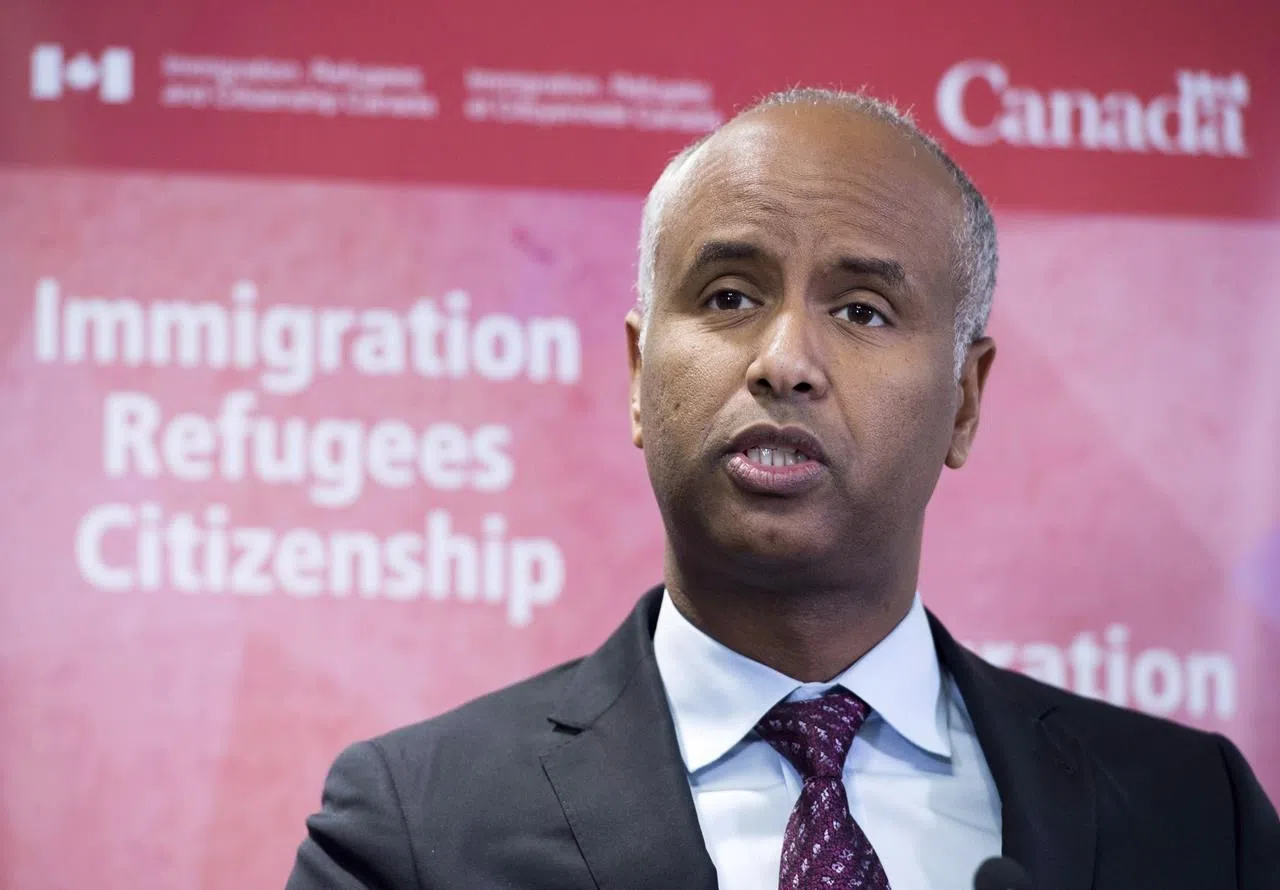
Online immigrant-sponsor application discriminatory, immigration lawyers say
OTTAWA — A new first-come-first-served online application for immigrants seeking to sponsor their parents and grandparents to come to Canada is being condemned as “profoundly discriminatory” after the program opened and closed in less than 10 minutes on Monday.
All 27,000 openings for the family-reunification program in 2019 were spoken for within minutes of the application form’s going live online Monday, so anyone who had trouble filling the form out quickly — due to a disability, for instance — was screened out.
Toronto-based immigration lawyer Clifford McCarten is among many now raising concern about the fairness of access to the program, as only those with reliable Internet access, quick typing skills and good understanding of English or French would have had any hope of success.
“The system essentially collapsed and gave people a totally unfair expectation of how it would operate, as opposed to how it actually was deployed,” McCarten said.


